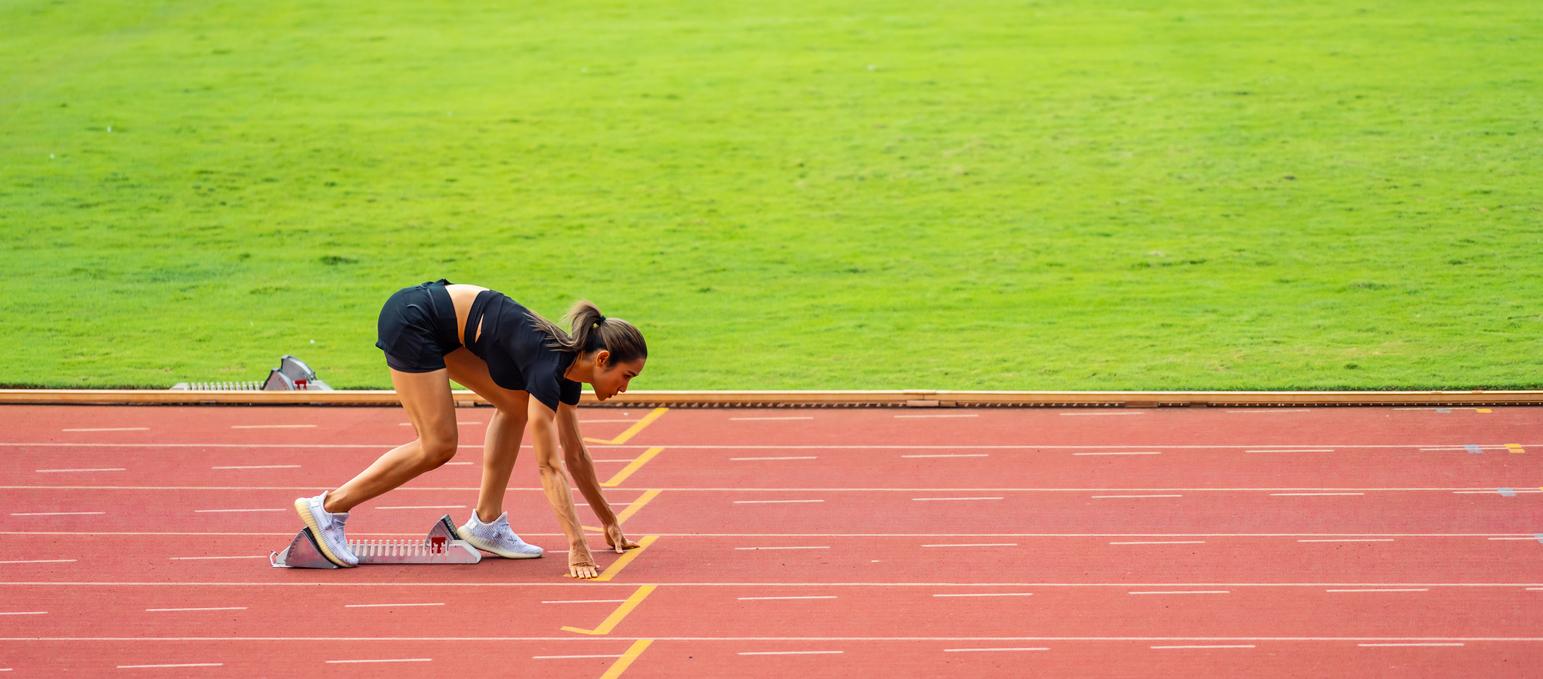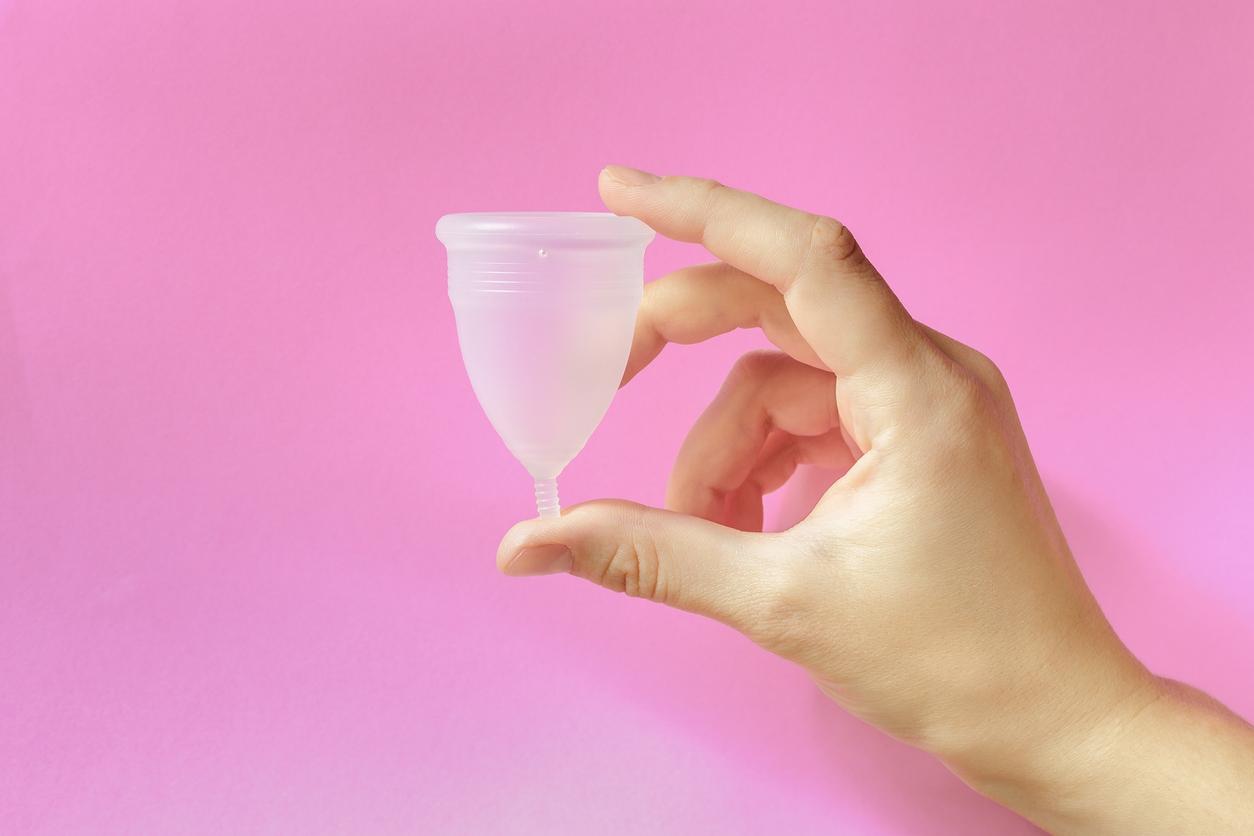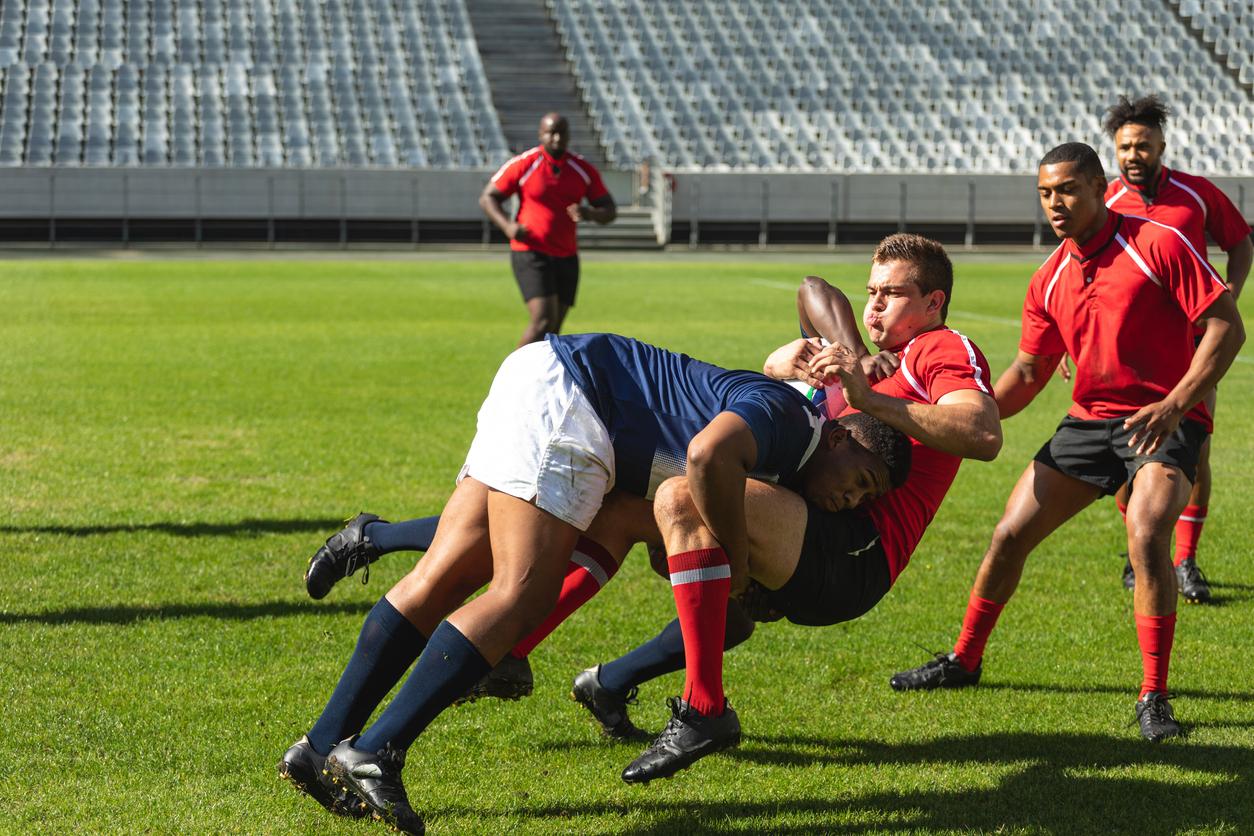For the first time, British researchers have assessed sport-related cognition during the menstrual cycle.

- In a recent study, participants thought they were performing poorly during their periods.
- However, they reacted more quickly and made fewer mistakes during their periods.
- In contrast, women exhibited slower reaction times and lower temporal anticipation during the luteal phase.
Previous studies in sports medicine have shown that female athletes appear to be at greater risk of musculoskeletal injuries during the luteal phase, which begins after ovulation and lasts 12 to 14 days until the onset of menstruation, “due to hormonal changes” which occur throughout the menstrual cycle.
“A separate body of work suggests that spatial cognition may also fluctuate in a similar manner. Changes in spatial cognition could, in theory, be a risk factor for injury, particularly in fast-paced sports that require millisecond precision in interactions with moving objects in the environment. However, existing theories surrounding the causes of increased injury risk in menstruating women largely focus on biomechanical mechanisms, with little consideration of possible cognitive determinants of injury risk,” said scientists from University College London (UK).
394 adults completed a battery of cognitive tests
So they decided to conduct a study to find out whether women experience fluctuations in cognitive processes throughout their menstrual cycle. For their research, the team recruited 394 people, who completed a battery of cognitive tests 14 days apart, twice completing a mood scale and a questionnaire about their symptoms. According to the authors, the tests were designed to mimic the mental processes typical of team sports. In one test, participants were shown smiling or winking faces and asked to press the space bar only when they saw a smiling face, to assess attention, reaction time and accuracy. In another, they were asked to identify mirror images in a 3D rotation task, which assesses spatial cognition. A task that asked them to click when two moving balls collided on the screen measured “spatial timing.” After this step, only 241 adults were included in the analyses. Period tracking apps were used to estimate what phase of their cycle they were in when tested.
Women reacted faster and made fewer mistakes during their periods
Although the volunteers reported feeling worse during their periods and perceived that this had a negative impact on their performance, their reaction times were faster and they made fewer errors. For example, their timing was on average 10 milliseconds more accurate in the ball-moving task. In contrast, the women’s reaction times were slower during the luteal phase.
“Female athletes are more likely to suffer certain types of sports injuries during the luteal phase, and the hypothesis is that this is due to biomechanical changes resulting from hormonal changes. But I wasn’t convinced that physical changes alone could explain this association. Given that progesterone has an inhibitory effect on the cerebral cortex and estrogen stimulates it, making us react more slowly or more quickly, we wondered whether the injuries might be the result of a change in the timing of athletes’ movements throughout the cycle. What was surprising was that the participants performed better when they were menstruating, which challenges what women, and perhaps society in general, assumes about their abilities at this particular time of the month,” said Flaminia Roncalead author of the work published in the journal Neuropsychology.

















